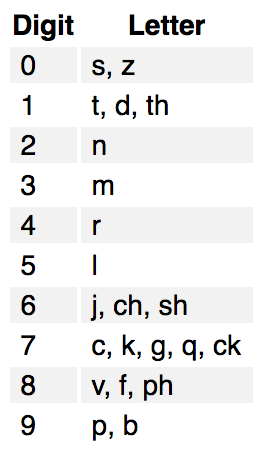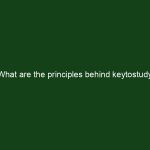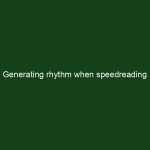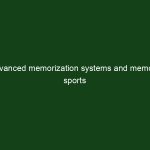Very often I need to explain difference between comprehension and retention. An interesting tool to explain this is Bloom’s taxonomy of cognitive levels. While there is controversy related to validity of the taxonomy and which variation of the taxonomy is correct, I will use it below as a visualization tool. For more detailed explanation of each …
Storytelling and superlearning
I promised myself to write a post about creating marker-ready stories. Instead I am writing an article on storytelling. Storytelling is a great skill I want to master one day. The skill is important from various perspectives as following: All stories teach compassion and self-compassion. Bad things happen all the time. Each of us has …
Mnemonic major system
The mnemonic major system is quite ancient. In its most pure form, each number is a letter and letters form words that can be easily remembered. Ancient alphabets and new champions When we consider the Hebrew alphabet, each letter is a number, and Kabbalah is using this to achieve miraculous deeds. In Hindu there is …
Memory palaces
Memory palace/loci is the oldest method available for memorization, and still it feels like we are very far from using its full potential. If you are interested using memory palace for any specific application, I suggest you to try Anthony Metivier’s books. Anthony has demonstrated how memory palaces can be used virtually for anything with …
Mindmapping
So far I have referenced Tony Buzan books for mindmapping. I am realizing that I need to give my students a short and useful explanation of how to use mindmapping and why. This post is intended to be useful, so I will not go into historical, classical and programmable aspects of mindmapping, but focus on …
Superlearning for languages and definitions: etymology method
Very often I ask students to understand the meaning of what they are trying to learn and use very accurate markers. I want to demonstrate it on etymology. Take for example this real conversation: EY: I can create images to the words in the dictionary (some easier than others), but my main problem is that …
Continue reading “Superlearning for languages and definitions: etymology method”
What are the principles behind keytostudy methodology?
With recent success of our “Become a superlearner” Udemy class and book with the same name, I am often reminding myself our humble beginnings and principles that became key to our methodology. The keytostudy methodology was built as a result of many years of research by Anna Goldentouch and myself. The methodology is built upon …
Continue reading “What are the principles behind keytostudy methodology?”
Generating rhythm when speedreading
When teaching speedreading we often ask our students to use rhythm. In this post we describe the issue of rhythm in depth. A usual effect of lack of rhythm was summarized by on of our students “First 5 min are easy then getting harder, I slow down and I have to rest”. Usually this means …
PAO memory technique
PAO is one of the most advanced and yet fun to use techniques. PAO means person-action-object. It is commonly used in memory championships. As far as I know (could not find a link) PAO was invented by card-counters. Each card face was associated with personality – Kings, Queens, Princes – and even with specific royalty …
Advanced memorization systems and memory sports
Superlearning or speedreading are hard to measure and monitor. Memory is easily measurable, and therefore memorization skills are a sport. The best thing about sports is our ability to learn which methods work better than others to remember a huge amount of information. Moreover, as sport develops, the methods become increasingly elaborate. Memory palace/loci. This …
Continue reading “Advanced memorization systems and memory sports”










